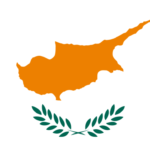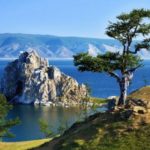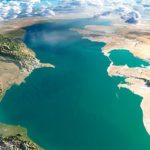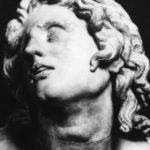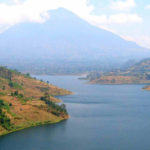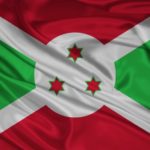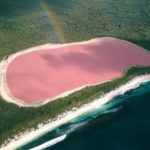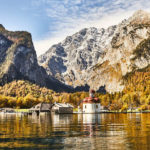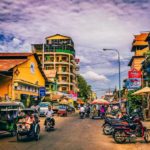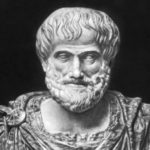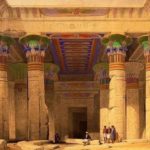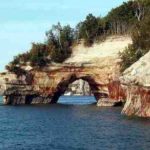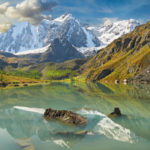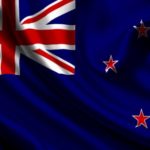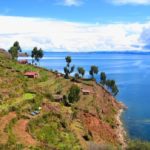Interesting facts about Macedonia
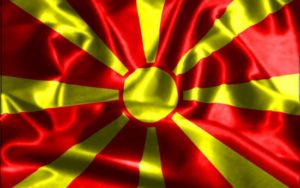 Macedonia is a tiny European country not far from Greece. Its name goes back to the Macedonians, or Macedonians – to the people who inhabited those lands several thousand years ago. In our time, of course, Macedonia is known to very few people, but once in these parts great deeds were accomplished and immortal feats were performed.
Macedonia is a tiny European country not far from Greece. Its name goes back to the Macedonians, or Macedonians – to the people who inhabited those lands several thousand years ago. In our time, of course, Macedonia is known to very few people, but once in these parts great deeds were accomplished and immortal feats were performed.
In the south-west of Macedonia there is a deep-water Ohrid lake. It is remarkable for its age – about five million years.
Ohrid Lake of Macedonia is unique in its endemism. Phytoplankton, plants, zooplankton, fish from carp to predatory species, crustaceans, mollusks, sponges and planaria – many different creatures live only here.
The Macedonians are a hospitable and hospitable people. Tourists are lucky that most of the hotels have a rating of only 2 or 3 stars, but they are usually equipped with all amenities.
The cuisine of Macedonia is generous in serving sizes. Macedonian cooks prepare dishes that you will not meet in any other country in the world.
A very popular alcoholic beverage in Macedonia is rakia, with a fortress of 40-60 degrees. Earlier in history, rakia was called “Shumandy tea” because of its warming effect. It is believed that a good Rakia slowly pours into the glass, like honey.
In 1910, a girl of great kindness and mercy was born in Macedonia – Agnes Gonja Boyadzhiou. Today everyone knows her as Mother Teresa.
After the strongest earthquake in 1963, in addition to buildings and structures, the bus fleet was destroyed. To restore it, the Macedonians bought in China several hundred buses, created specifically for Macedonia. A notable feature of red double-decker buses is their similarity with London buses.
67% of the inhabitants of Macedonia – Orthodox Christians, 30% – Muslims.
The Macedonian origin of Father Alexander of Macedon does not give Greece peace, and these countries are constantly arguing about his belonging to both countries. This centuries-old conflict does not allow Macedonia to enter the European Union on full rights.
Macedonia will not be able to join the EU until Greece reconciles with the name of the Republic of Macedonia. The thing is that there is a region of the same name on the territory of Greece, and the Greeks are not happy that the country of Macedonia is named the same as part of their state.
Local music, cuisine and some traditions may seem similar to Turkish ones. This is true, since Macedonia was part of the Ottoman Empire from the 14th to the 19th centuries, and these five hundred years left a notable mark.
20 letters of the Macedonian language are pronounced like Russian letters.
Macedonia has its own deposits of gold, silver and rubies. The Macedonians claim that their rubies of the color of young blood are mined in the only mine in the world.
The ancient Macedonian town of Kuklitsa (more precisely, the picturesque ruins) consists of 120 stone sculptures. The city received its name due to the similarity of forms of creations of natural corrosion with dolls resembling people.
The surprising gestures of the Macedonian people can confuse the foreign tourist. If a Macedonian nods his head, it means his disagreement, if he pumps from side to side – respectively, consent. All the way around.

